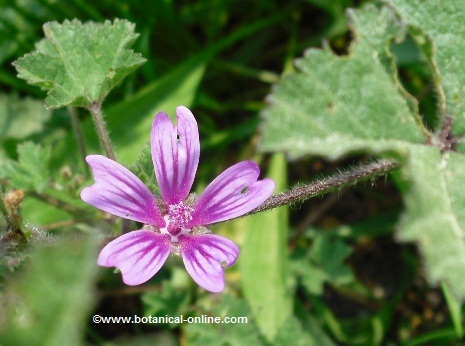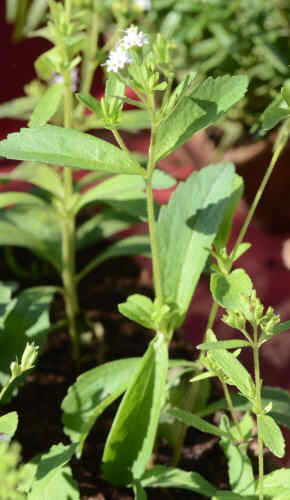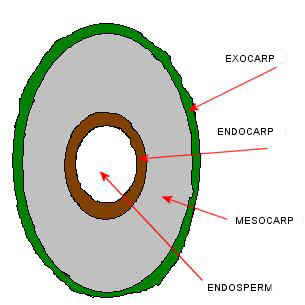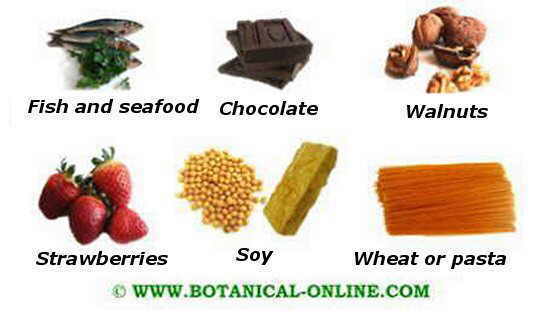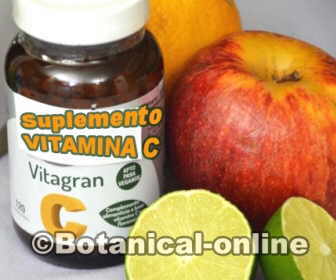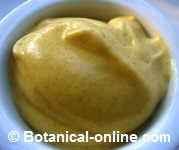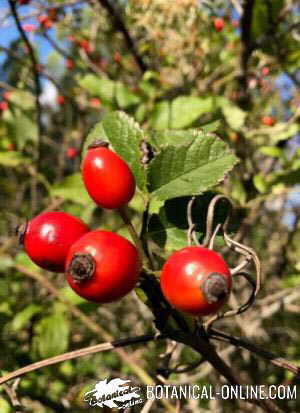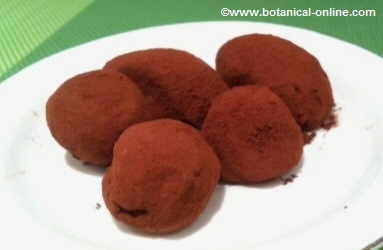Contents
Herbal remedies for constipation
Phytotherapy: Plant preparations to cure constipation
Herbal medicine for constipation involves the use of plants for the following purposes:
– Laxative plants: laxative plants are those that enhance stool, by regulating intestinal transit.
– Purgative plants: They are more expedite that laxative plants, causing completely intestinal emptying.
Main laxative plants
– Aloe (Aloe vera) (Dry extract)
– Dandelion (Taraxacum officinale) elderberry (Infusion of the dried plant)
– Mallow (Decoction for 20 minutes of 30 g of dried leaves and flowers per liter of water. Take 3 cups a day)
Photo of mallow flower and leaves
– Guanabana or soursop (Annona muricata) Mature fruits. On the contrary, inmature fruits are very astringent and are used as a remedy for dysentery and diarrhea.
– Tamarind (Tamarindus indica) (take 20 to 40g. tamarind pulp diluted in water up to 3 times daily.)
– Stevia (Stevia rebaudiana) Its components have demonstrated a hypoglycemic effect, which help reduce the level of blood sugar in type 2 diabetes (adult diabetes). (Infusion of 1 tsp stevia per cup, three times daily) (Sweetener stevia extract).
Photo of the stevia plant
– Black thorn (Prunus spinosa) (Infusion carried out with the flowers during 8 minutes)
– Marshmallow (Althaea officinalis) (Infusion of a teaspoon of dried leaves and flowers per cup of water for 10 minutes. Two cups a day)
– Cascara sagrada (Rhamnus purshiana) See contraindications in the general study of this plant.
– Mustard (Brassica nigra) (1 teaspoon of seeds, up to 2 times a day). It should not be taken regularly as it can seriously damage the digestive tract
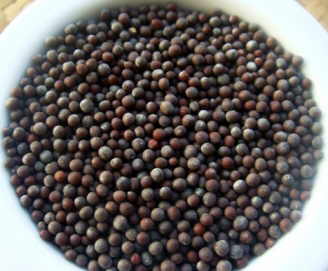
Photo of black mustard seeds (Brassica nigra)
– Violet: (Viola odorata) (Infusion of a spoonful of dried flowers per cup of water. Drink two cups a day) Increasing the dose, a slightly laxative effect is obtained when needed for a more drastic treatment of constipation.
– Mango (Mangifera indica)(Infusion of a teaspoon of dried flowers per cup of water. A pair of glasses a day)
– Jackfruit (Artocarpus heterophyllus) (Eat jackfruit as food)
– Oats (Avena sativa) The fiber contained in oat bran increases intestinal peristalsis and softens the stool so that they are expelled to the outside more easily and frequently, preventing constipation, a condition that affects many adults in Western society because of removing the bran in cereals and grains.
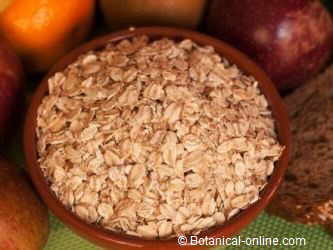
Oats flakes
– Fucus: (Fucus vesiculosus) Its high content of mucilage, a type of soluble fiber facilitates the expulsion of faeces and keeps the feeling of fullness, while avoiding the occurrence of constipation.
– Sesame (Seeds mixed with meals)
– Plantain (Plantago spp.) (Seeds with water)
– Psyllium:Psyllium or ispaghula, because of its content of soluble fiber, helps to treat constipation.
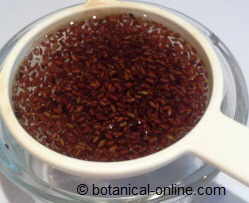 Psyllium seeds Psyllium seeds |
– Dog rose (Rosa canina) (Decoction of dried leaves)
– Carob tree (Ceratonia siliqua) (Decoction of pots)
– Olive tree: (Olea europaea) In cases of constipation can be taken a couple of teaspoons of olive oil while the stomach is empty.
– Nettle (Urtica dioica) (mild laxative) (Infusion of dried leaves)
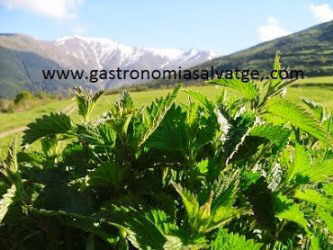
Nettle leaves
– Chicory (Cichorium intybus) (mild laxative) (Infusion of 20 g. of dry roots for 10 minutes. Take a cup after the meal) (Cook the fresh leaves with other vegetables and eat them gratin- baked with with cheese)
– Peach tree (Prunus persica) (Infusion of a teaspoon of dried flowers per cup of water. Filter and drink a few cups a day)
– Papaya (Carica papaya) (eat ripe fruits, especially before breakfast)
Flax seeds constipation |
| The seeds of flax (Linum usitatissimum) once dry, are known as linseed. These seeds, used internally, are very useful for their laxative properties to treat constipation, either eating them raw, blended with abundant water (about 1 to 3 daily spoonfuls a couple of times to the day together with at least 8 glasses of water a day), or by means of cold infusions (A spoonful for a cup of water. A couple of cups a day). Contrary to most of the laxatives that usually irritate the intestine, the protective action of the mucilages make this plant a non aggressive one for the intestine, although the effects are not as quick as in other products and we will have to wait two or three days to achieve the expected results. (Consult are its properties in the complete study of the plant) |
Main purgative plants
– Aloe (Aloe vera) (Dry extract)
– Broom ( Sarothamnus scoparius) – Dangerous!!! – – (Infusion of dried flowers.)
– Cascara sagrada (Rhamnus purshiana) Among all the plants that contain anthraquinones, which are used to treat constipation, cascara is the least irritating of all, so it is most suitable vegetable recommended as purgative. It is the plant that produces less habituation, because it produces fewer side effects. Still, one should read well the toxicity, contraindications and side effects before starting treatment.
– Senna (Cassia angustifolia) (Infusion of dried leaves.)
– Field bindweed (Convulvulus arvensis) (Infusion of dried leaves and roots)
– Boxwood (Buxus semperviresns) (Decoction of the bark)
– Globularia (Globularia alypum) (. (Decoction of 50 g. of dried leaves per liter of water. Take 2 cups per day)
– Peach tree (Prunus persica) (Infusion for 10 minutes of a teaspoon of dried leaves per cup of water. 2 cups per day, divided into four doses)
![]() More information about constipation natural treatment.
More information about constipation natural treatment.

